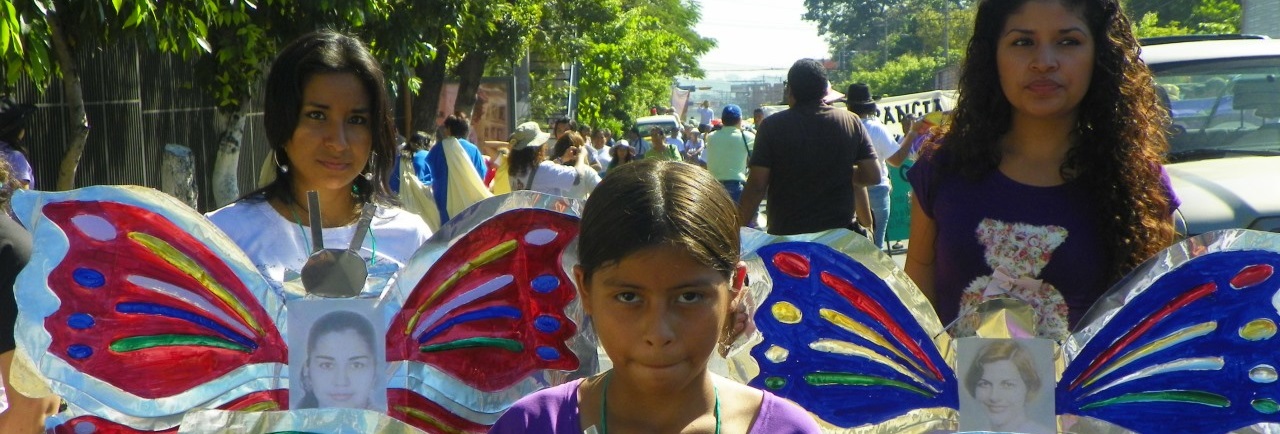El Salvador’s National Council for Citizen Safety (CNSCC) – which was established in 2014 and comprises representatives from the Catholic church, business leaders and government officials – has presented an ambitious five-year plan to address gang bloodshed.

El Salvador is one of the most violent countries in the world, according to the UN, alongside Honduras and Guatemala. It has a murder rate 800% higher than the United States – and rising. In October 2014, El Mundo reported 2,800 so far that year – a 68% increase on the same period in 2013.
The CNSCC’s ‘Safe El Salvador’ plan seeks to address inequality issues at the root of gang crime, by offering parks, sports facilities, education and training programmes to those living in 50 of the most violent municipalities, as well as improvements to prisons. Where the $2 billion required to deliver this plan will come from is yet to be made clear.
The plan was revealed by President Sanchez Ceren in front of a portrait of the Archbishop Oscar Romero, who has become El Salvador’s most revered martyr since his assassination in March 1980. This was the start of the civil war, in which 80,000 people died.
Image credits: SAY NO – UNITE / Flickr











